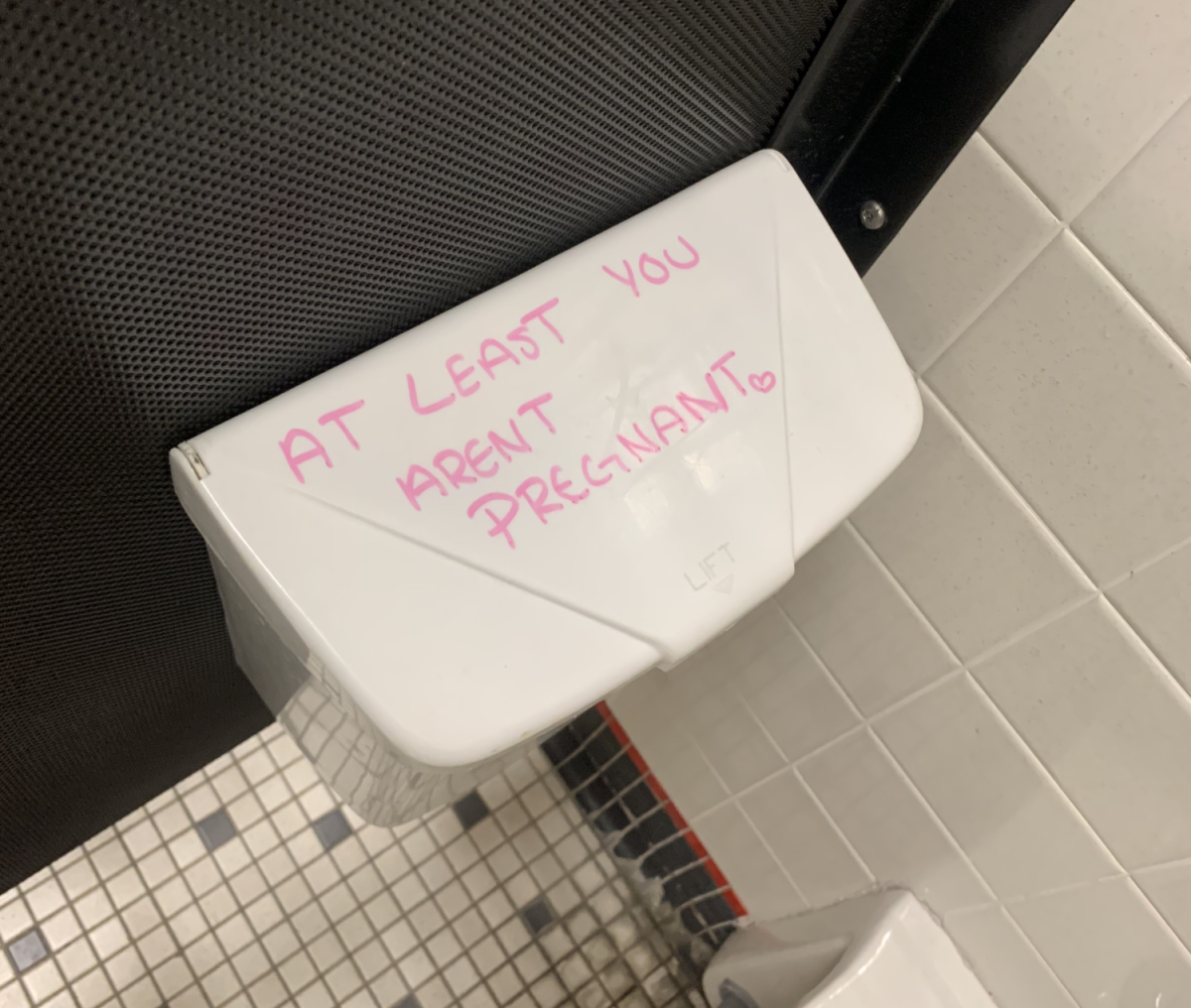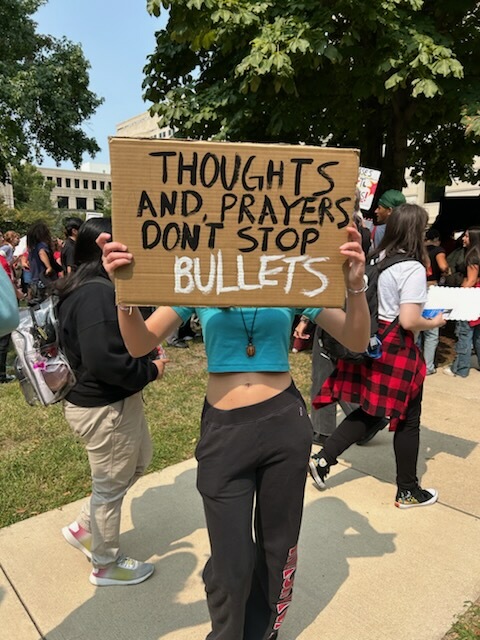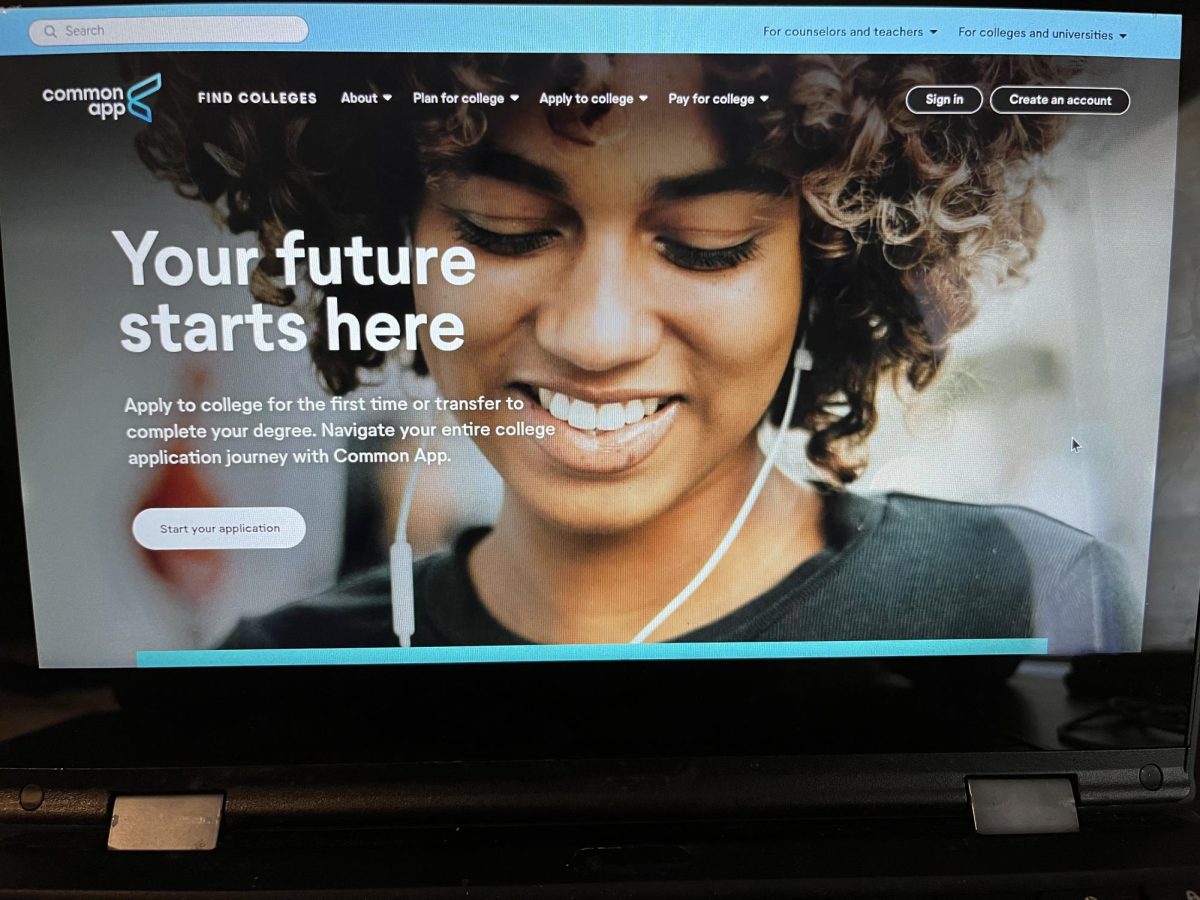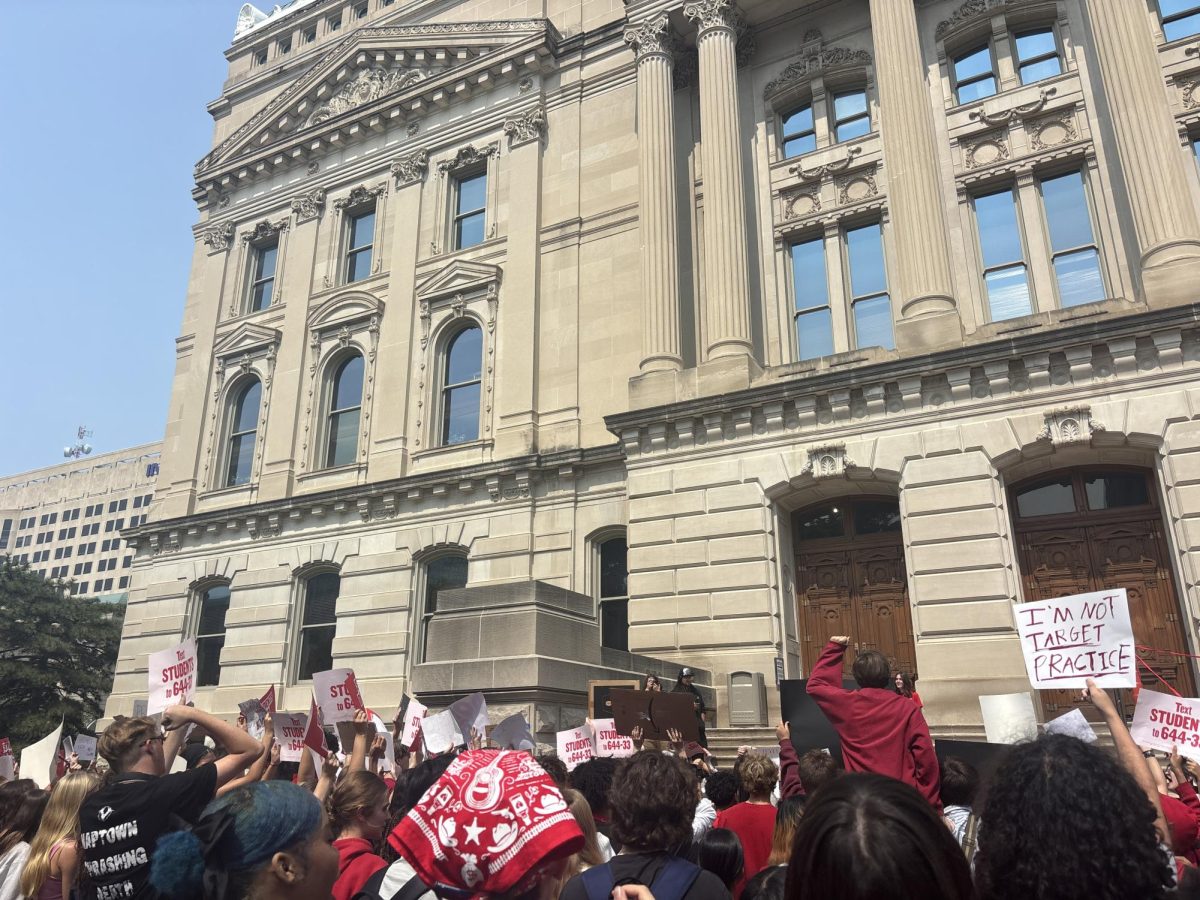Teenage pregnancy rates are declining, but while the percentage may seem small, it is more common than you think.
It is common for teens to deal with pregnancy scares, which affect three out of every five teens in the U.S.
The U.S. has the highest teenage pregnancy rate of all developed nations, with a current rate of 12.009 births out of every 1000 teenage girls. Indiana has the thirteenth-highest pregnancy in the country according to World Population Review.
Nonetheless, rates are declining. The Department of Health and Human Services recorded the teen birth rate as 15.4 births per every 1000 girls in 2020, eight percent lower than 2019 and 75 percent lower than the peak of rates in 1991: 61.8 births.
The rate of births resulting from teenage pregnancy has declined each year since 2009, but pregnant teens are still harshly judged.
“There’s a negative stigma around it for sure,” junior Alex Renee said.
Pregnant teens rarely feel supported by their peers and community, including in school and online.
“The bullying or comments they get is noticeable,” an anonymous student said.
Sex education has also declined in recent years, leaving teens learning about the topic on their own, through friends or family. Thorough sex education can prevent more teens from getting pregnant or experiencing a pregnancy scare.
“I feel like there should be a thing at JEL where the child development class sets up a daycare system for the pregnant teens,” sophomore Tianna Anderson said.
Communities and schools in Indiana may be hesitant to support pregnant teens for fear of encouraging teen pregnancy. Still, the question is whether that is doing more harm than good.
Inadequate sex education and stigma around the topic encourage teens to hide their pregnancy from friends and family. They commonly faced the choice of whether to abort the baby or not.
Abortion laws in Indiana make abortion illegal except in cases of fatal fetal abnormalities or cases of rape or incest up to 10 weeks of pregnancy.
While one student who remained anonymous agreed with these laws, Renee, Anderson and Fese disagreed.
“If I were pregnant and Roe V. Wade wasn’t taken away from us, I would abort it,” junior Joey Fese said.
Abortion is not always appealing, though. Teens may utilize childcare services.
“I’d have a daycare plan set up,” Anderson said. “I know I could do it. While I play sports, I would put all that on hold for a kid because it was my decision to have sexual intercourse. What if that’s my first and last kid?”
Either way, pregnant teens often feel isolated and alone in their situation.
Being pregnant in high school can also heavily impact academics and plans. The situation is different for every teen and depends on the level of support and education students receive.
“Your priority doesn’t go to education anymore; it’s to take care of another person,” junior Aria Cummings said.
Teen pregnancy forces students to decide the path for their life to take at a young age while also grappling with the stress of school, sports, family, and friends.
“It teaches self-reflection and responsibility, forcing you to mature earlier,” Anderson said.
Teen pregnancy rates are declining, but the stigma around the topic is rising. The subject is controversial, and while some believe education and support are due, others may think that could do more harm than good.
Sources:
(World population review): https://worldpopulationreview.com/state-rankings/teen-pregnancy-rates-by-state
(Department of Health and Human Services): https://opa.hhs.gov/adolescent-health/reproductive-health-and-teen-pregnancy/trends-teen-pregnancy-and-childbearing







